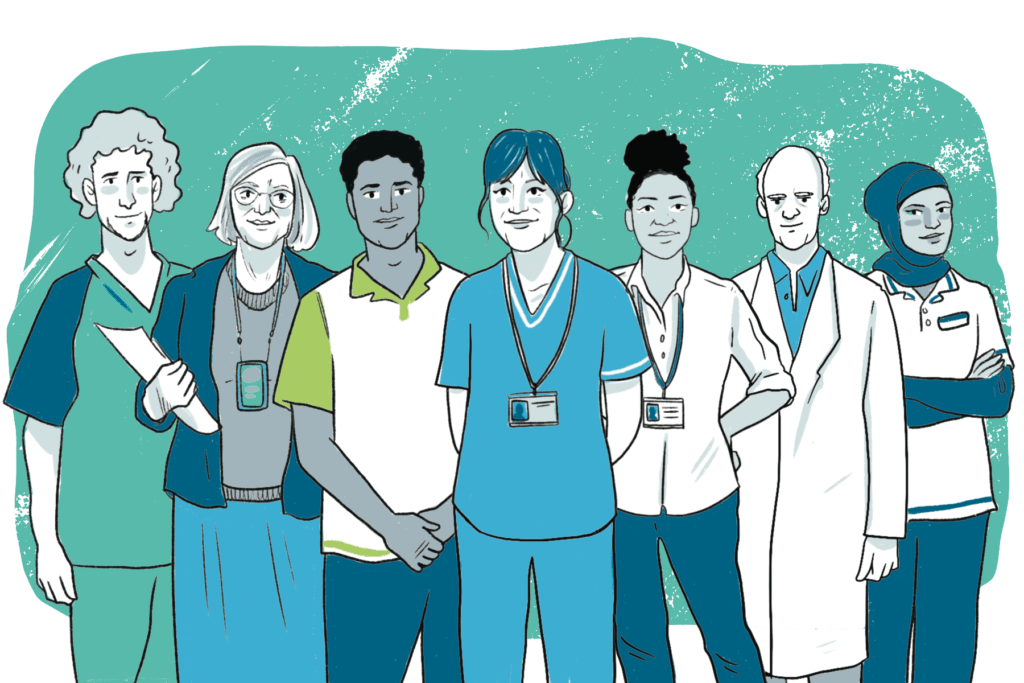Living longer – The challenge of ageing with haemophilia
Quality of life means the degree to which someone with haemophilia feels healthy, comfortable, and able to participate in and enjoy life events. However, as Jamie O’Hara and colleagues point out in a recent paper published in The Journal of Haemophilia Practice, we don’t know much about how ageing affects quality of life for people with haemophilia.
‘New challenges for an expanding generation of older persons with haemophilia’ raises an important topic – and it’s exciting to see more attention being given to understanding the relationship between growing older with haemophilia and the prevalence of comorbidities (having additional health conditions). The study had two goals: to look at the relationship between growing older and the frequency of comorbidities in people with haemophilia, and to examine how ageing affects people with haemophilia compared to the general population.
Setting the agenda
As important as the research is, as someone with haemophilia, it makes for a bit of bleak reading. Across their sample, Jamie and his colleagues found that older people with haemophilia had an increased frequency of age-related illnesses and a lower quality of life compared to younger people with haemophilia. Drawing attention to this is important, though, and hopefully creates an agenda for more research and clinical interventions to address and manage it.
As an example, 14% of the sample experienced anxiety and depression alongside haemophilia. This highlights the importance of ensuring that access to specialist psychological support is an integral part of multidisciplinary haemophilia care. As people with haemophilia continue to enjoy longer life expectancy, they will encounter health conditions beyond their bleeding disorder. This means there is an increasing need to bring the expertise and skills of different healthcare professionals into the management of haemophilia.
Jamie and colleagues also discovered that younger adults (18–30) who benefitted from early prophylaxis experienced challenges to their quality of life at a level reported by older adults (61+) without haemophilia. There are two ways to read this. Perhaps, even with the introduction of more regular prophylaxis, treatment objectives were still not fully met for this generation of people with haemophilia. Or perhaps early prophylaxis meant they could be more active to begin with, compared to previous generations who had to limit their activity strictly.
A call to arms
Either way, it’s deeply sobering to read – but it’s also a useful call to arms for patient advocacy groups to continue to ensure that the standard of care for haemophilia improves.
There’s hope to be found, though. With the improved protection provided by new treatment technologies, such as extended half-life products, we will see this begin to change for future generations. It would be interesting to see this study replicated in a few years’ time.
Further reading
O’Hara J, Noone D, Kritikou P, Myren K-J, Chaplin S, Hart DP. New challenges for an expanding generation of older persons with haemophilia. J Haem Pract 2022; 9(1): 1-13. doi: 10.2478/jhp-2022-0001
Image: Matteo Vistocco on Unsplash


